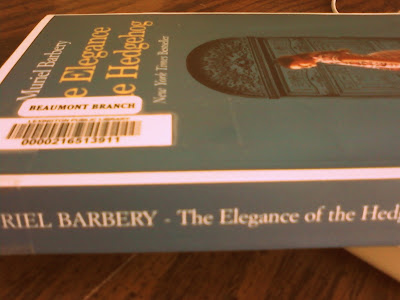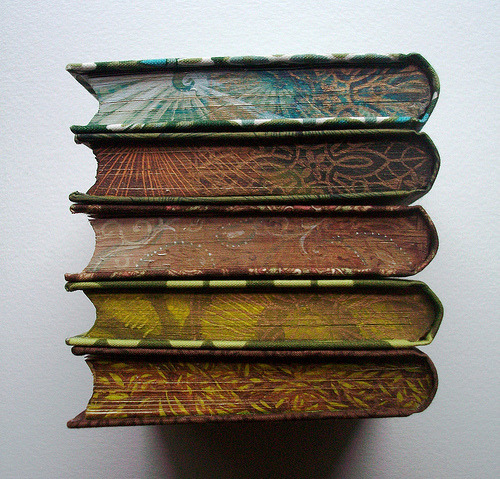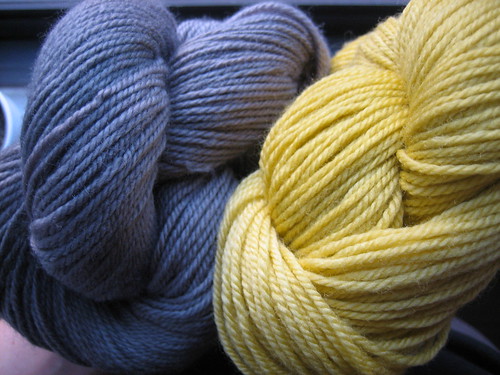I suppose I'm late to the party in celebrating
The Elegance of the Hedgehog (it's been published in English for three years now). I first heard about it on
The English Muse (one of my favorite places to look for a good book) and I've been meaning to read it ever since I first came across a copy at
Joseph-Beth in Lexington. Yet in spite of my serious love for books, I have a hard time spending fifteen dollars on a paperback, even one that's as sweetly put together as this one. So I was a bit delighted to find a copy at the library last week, and I am happy to say that the novel did not disappoint. Its format is not too terribly innovative, but it effectively creates a narrative with just enough change and movement to engage the reader, even though the novel contains only a few actual events. It's character driven, like nearly everything I read, and the best word I can think of to capture the emotion of the entire tale is calm. There is little in the way of events, as I've noted, and even the twist that comes at the end is surprisingly relaxed. That said, I was a bit shocked, yet I can't imagine that the novel could have ended any other way and still been so terribly effective.
I'll spare you a reiteration of the plot, since you can find it
here. But I will tell you what captured my attention. Firstly, Renée, one of the two narrator-protagonists, is terrific. Her quick diagnosis of the ways that an additional comma can be either disastrous or disarming will charm the heart of anyone who is nutty for grammar. Her calm but nonetheless passionate love for
Anna Karenina and the works of Tolstoy--she has a cat named Leo--brings back the memories I have of reading through that novel (a story I will absolutely have to write sometime, because it's terribly funny).
But Paloma, the other narrator-protagonist, is hardly less lovable. She is twelve and aware of the frustration and bother of growing up in a way that is rather advanced for her age (how often does a twenty-something find that they empathize quite thoroughly with a twelve-year-old?*). Determined not to end up a half-human whose life is dictated by social mores and impossible personal expectations, she resigns herself to death on her thirteenth birthday and observes the world as if she will only be in it a short time. Of course, she is not entirely serious in her intent to die, but she is quite serious and adept in her observations of her small world, and she will charm you, I promise.
I just finished the book an hour ago and I was itching to write about it immediately--it's one of those sorts of books that leaves you feeling full of creativity and makes you want to hunt for beauty. I also think it expertly communicated an understanding--or as close as you can get, anyway--of the sublime that my literary theory professor used to try to explain to no avail (but then, he was just as obsessed with psychoanalysis as Paloma's mother, and perhaps that was his fault). In Paloma's words, you can see and understand its essence, as I understand it: "...beauty consists of its own passing, just as we reach for it. It's the ephemeral configuration of things in the moment, when you can see both their beauty and their death" (272).
It's haunting, is it not, to think that the greatest beauty exists in that moment that it is passing, but could it be as beautiful if we could always capture it? I would say no, but that does not mean that life cannot have beauty and lots of it. It just means that we must love it every time it comes and create it when we can, because death, trouble, and ugliness try to stamp it out, and we must continually search for and recreate it so that beauty endures.
Have you read anything great lately?
*I feel I should add that I empathize with the frustration she has with growing up and her deep wish to avoid a half-life, not her mildly obnoxious family members or her (slightly juvenile and definitely not serious) desire to die before facing adulthood.
































